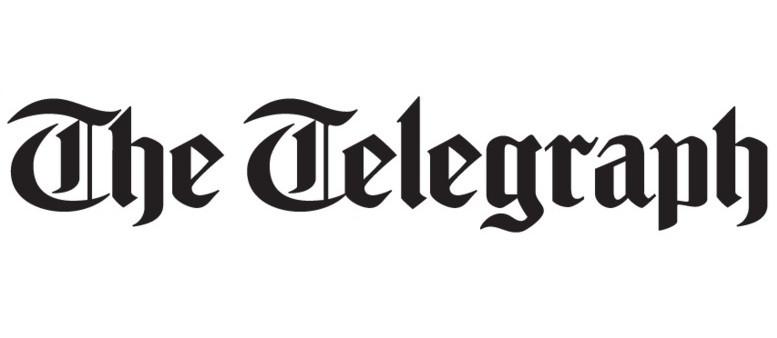Article written by Tim Wallace and originally published on The Telegraph Online.
John Penrose MP and campaign groups said grants of more than £500 should be made public – rather than only those above £500,000 as planned
The Government risks distorting the economy and encouraging cronyism unless it opens up its new subsidies system to more radical transparency, its own corruption tsar has warned.
In an open letter backed by transparency groups and free market think tanks, John Penrose MP, urged Kwasi Kwarteng, the Business Secretary, to publish all subsidies given with a value of £500 or more.
Currently the Government plans to only publish individual grants of more than half a million pounds – up from the €500,000 (£429,000) requiredunder the EU regime which is being replaced.
But Mr Penrose said ministers should use Britain’s departure from the single market to shake up the current regime.
He said: “Leaving the EU creates a golden opportunity to craft a simpler, faster and more agile subsidy regime that genuinely helps businesses, but which doesn’t create rip-offs or blunt Britain’s competitiveness either.
“But subsidies are a heady drug that can prove impossible for businesses and politicians to resist, so they need ironclad public oversight too.”
Mr Penrose wants subsidies from any public body to be published within 30 days, rather than the six months currently proposed.
He said: “It would be simpler, cheaper, would cut red tape burdens, wouldn’t harm the efficiency and competitiveness of British businesses, and would match already-existing transparency rules elsewhere in the UK.”
In the letter, the coalition of groups including Transparency International UK, Spotlight on Corruption, the Centre for Policy Studies and the TaxPayers’ Alliance, said transparency should help prevent “attempted abuse of our subsidy regime in future, either by directing taxpayers’ cash to commercially hopeless political favourites, or simply through fraud and error”.
Matthew Lesh, head of research at the Adam Smith Institute, which is also a signatory, said: “Governments are far too quick to forget they are spending our money. We have every right to know when the state is transferring our money to private businesses. Transparency drives better policy making and shines the light on poor behaviour and corrupt dealings.”
Anna Powell-Smith, director of the Centre for Public Data, said the £8bn subsidies regime needs strict oversight.
She said: “Subsidies to businesses can create harms, such as rent-seeking. When subsidies aren’t made public, these harms are much harder to spot.
“This Government has committed to putting data and transparency at the heart of policymaking – now is its chance to prove it, with its flagship subsidy policy.”
James Roberts, political director at the TaxPayers’ Alliance, added: “When it comes to taxpayers’ money, accountability is all. Ministers shouldn’t start a stealth subsidy regime, which could see hidden cash handed over with no questions asked.”
Flagship policies including the drive to net zero carbon emissions and levelling up the nation are expected to involve significant subsidies to support businesses, investment and jobs.
At the same time, the pandemic has ushered in an era of higher spending, potentially raising the importance of a more transparent system governing subsidies.
Mr Kwarteng has called the post-Brexit subsidies scheme “more agile and flexible” than the EU version.
The UK is proposing to set out a range of principles which all local bodies must follow. It hopes that this will create a simple system which stops different regions from using public cash to bid against each other for investment.
A spokesman for the Department of Business, Energy and Industrial Strategy said: “The UK’s new subsidy control system marks a clear departure from old, inflexible and bureaucratic EU state aid regime.
“The proposed thresholds for uploading subsidies to the public database strike the right balance between boosting transparency and reducing the administrative burden on public authorities to save the taxpayer money.”

